In the journey towards a healthier and more sustainable lifestyle, many find themselves navigating the diverse world of plant-based diets. Among the most popular choices are veganism, vegetarianism, and a pescatarian diet. Each of these diets shares the common goal of improving health and reducing the impact on the planet, yet they differ in their approach and the types of food they include. In this warm embrace of a blog post, we’ll explore these differences, highlight the food types each diet allows, and touch upon the health benefits that come with choosing a life that excludes certain types of meat. Let’s dive into a world of compassionate and conscious eating, and discover which path resonates with your own values and health goals.
Veganism: A Compassionate Choice
Veganism is more than a diet; it’s a lifestyle choice that seeks to exclude all forms of animal exploitation and cruelty, whether for food, clothing, or any other purpose. At the heart of veganism is a diet that excludes all animal products, including meat, dairy, eggs, and honey.
What Vegans Eat:
- Fruits and Vegetables: A rainbow of nutritional benefits.
- Legumes: Beans, lentils, and peas offer protein and fiber.
- Nuts and Seeds: Essential fatty acids and protein in handfuls of goodness.
- Whole Grains: Quinoa, barley, and oats provide energy and satiety.
- Plant-based Milks and Cheeses: Almond milk, coconut yogurt, and cashew cheese are delicious alternatives.
Veganism supports a rich diversity of foods that nourish the body while respecting animal life. It’s linked to numerous health benefits, including lower risks of heart disease, hypertension, type 2 diabetes, and certain cancers. Plus, it promotes weight management and better overall health.
Vegetarianism: The Middle Ground
Vegetarianism is a diet that excludes meat, fish, and poultry, but may include dairy products and eggs. It’s often considered the middle ground between omnivorous diets and strict veganism.
What Vegetarians Eat:
- Eggs and Dairy: For those who include them, they provide protein and calcium.
- Fruits, Vegetables, Legumes, Nuts, and Seeds: Similar to vegans, these are staples in a vegetarian diet.
- Whole Grains: A crucial part of meals, offering fiber and nutrients.
Vegetarians enjoy a varied diet that leans heavily on the bounty of the earth, with the flexibility to include animal-derived products. This diet has been associated with lower cholesterol levels, reduced risk of heart disease, and lower blood pressure.
Pescatarian Diet: The Sea’s Bounty
A pescatarian diet includes fish and seafood as the only sources of meat, alongside a vegetarian diet base. This diet is chosen for its flexibility, health benefits, and ethical or environmental reasons.
What Pescatarians Eat:
- Fish and Seafood: Rich sources of omega-3 fatty acids, protein, and vital nutrients.
- Eggs and Dairy: Included by some pescatarians.
- Fruits, Vegetables, Legumes, Nuts, Seeds, and Whole Grains: Similar to vegetarians and vegans, these foods form the foundation of their diet.
Pescatarians benefit from the heart-healthy fats found in fish, such as omega-3 fatty acids, which are linked to improved cardiovascular health and lower risks of mental decline. It’s a balanced approach that embraces the nutritional benefits of seafood while maintaining a predominantly plant-based diet.
Conclusion
Choosing between veganism, vegetarianism, and a pescatarian diet depends on individual ethical beliefs, health goals, and dietary preferences. Each path offers a unique set of benefits that can lead to a healthier lifestyle and a more sustainable world. By focusing on plant-based foods and, in some cases, incorporating seafood, these diets can help protect your heart, maintain a healthy weight, and reduce the risk of chronic diseases. As you consider your options, remember that every step towards a diet rich in fruits, vegetables, legumes, and whole grains is a step towards better health and a kinder planet. Let your plate be a reflection of your compassion and your journey towards wellness.
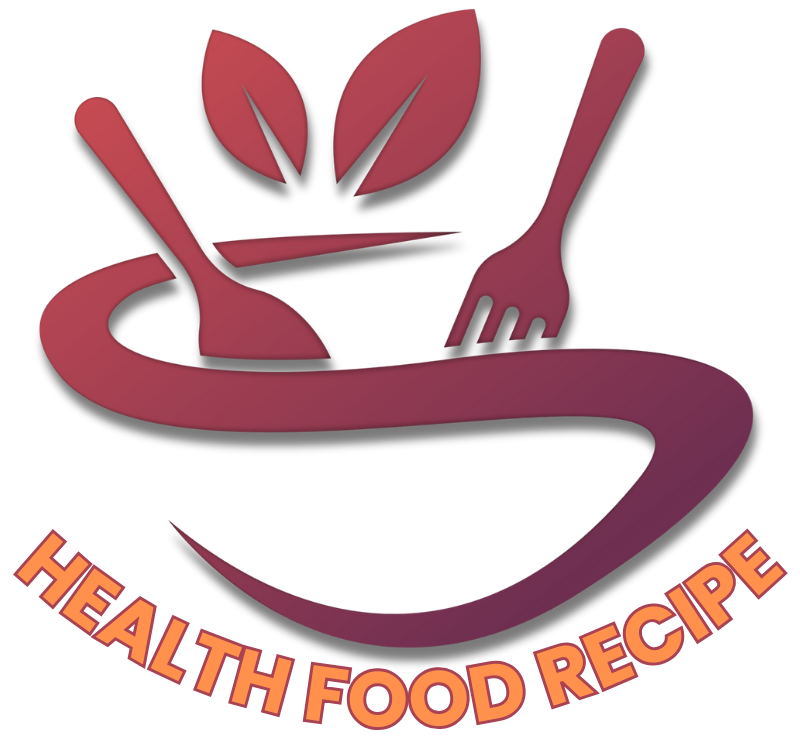

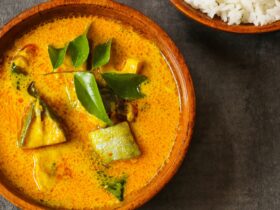
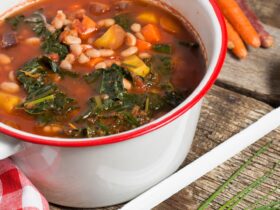
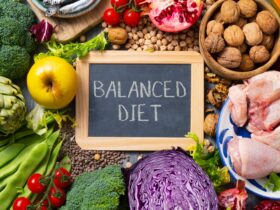
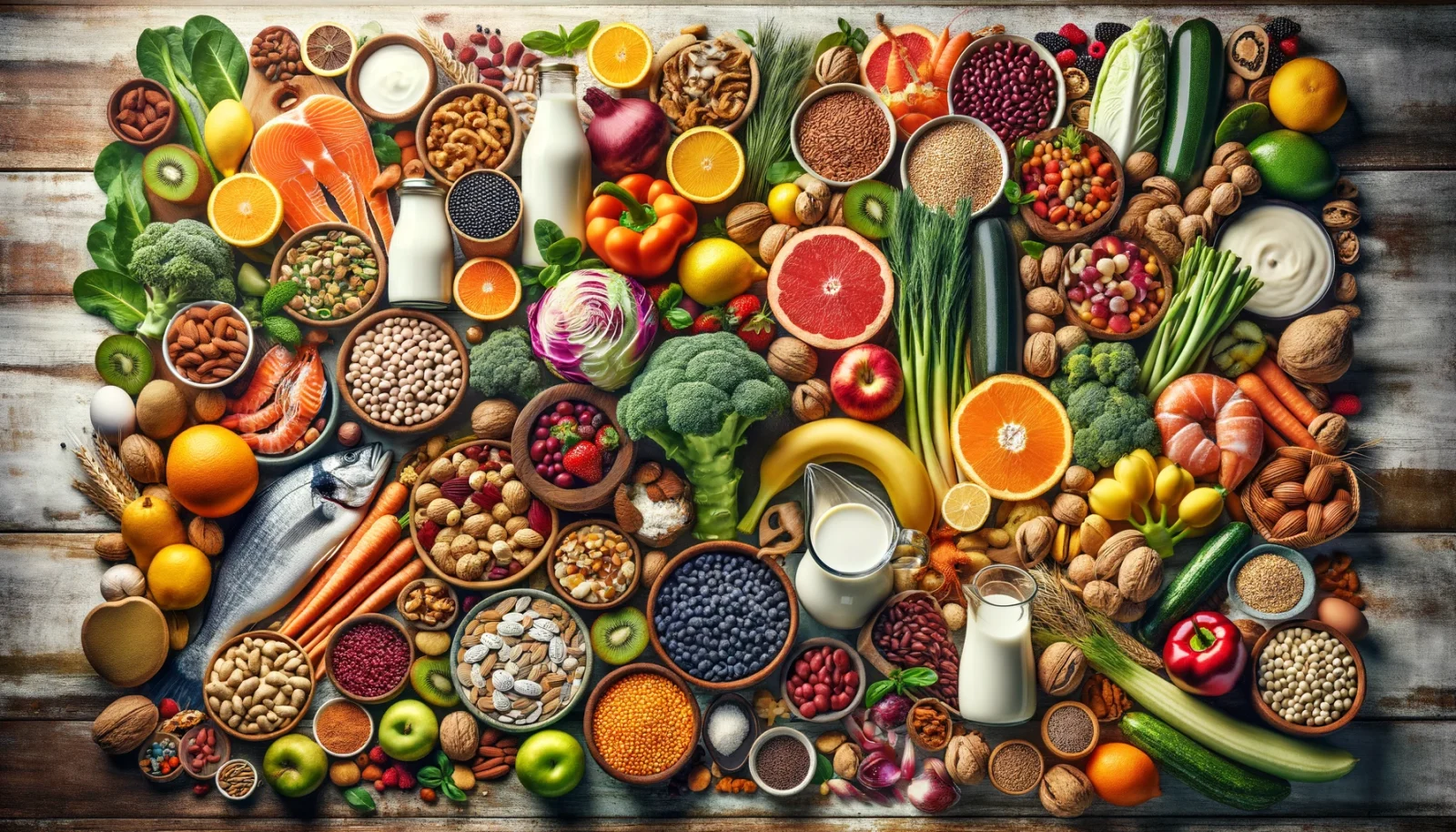



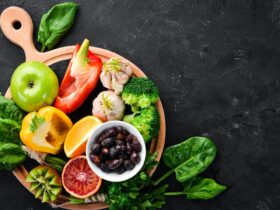




Leave a Reply